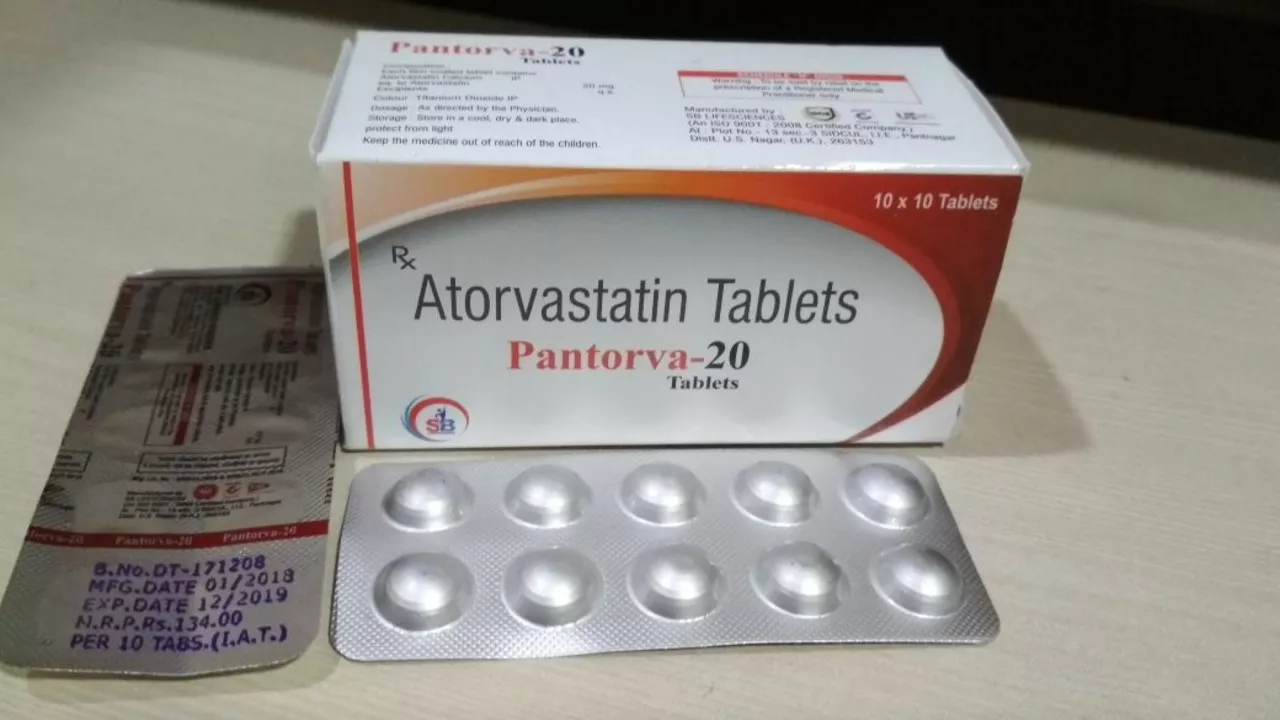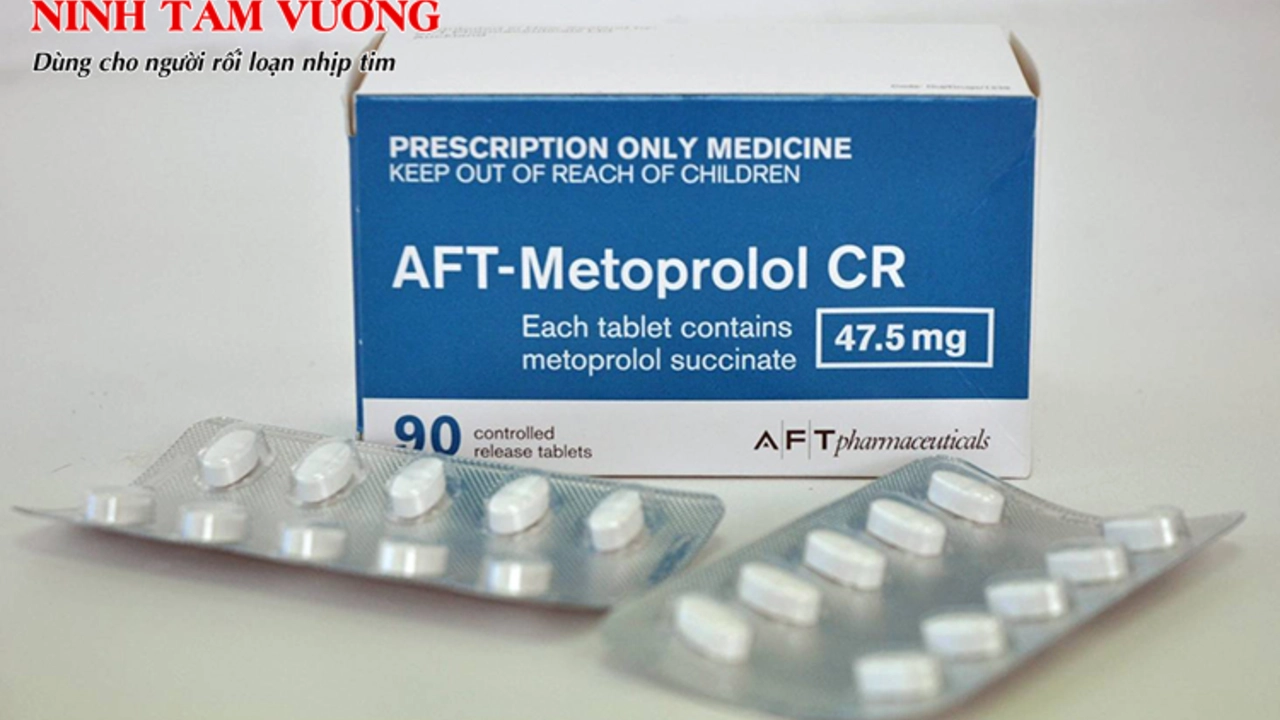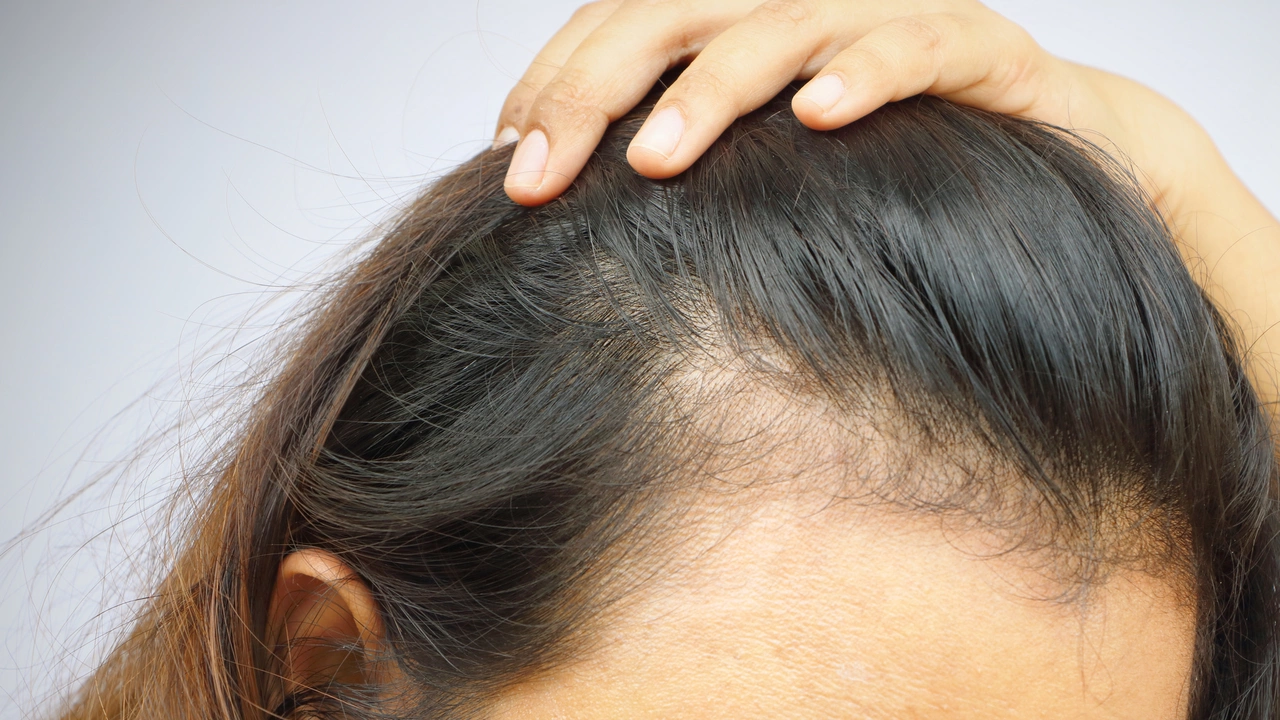July 2023 Archive — What We Published and What You Should Know
July brought a mix of practical drug advice, supplement guides, and condition-focused posts. If you missed the month, here are the clear takeaways and simple actions you can use now.
Drug interactions and heart meds
We covered a key warning: grapefruit can raise atorvastatin levels. That can increase side effects like muscle pain. So don’t sip grapefruit juice with atorvastatin; use water instead and ask your doctor before adding grapefruit to your diet.
We also compared two beta-blockers, nebivolol and metoprolol. Nebivolol may cause fewer breathing-related side effects and can be easier to tolerate for some people. Metoprolol is well-established and often cheaper. The bottom line: medication choice depends on your other health issues and cost — talk it over with your prescriber.
Supplements: promising but use caution
Two posts highlighted lesser-known supplements: Mentzelia and Tree of Heaven. Both are presented as natural options that might support digestion, immunity, or stress. Natural doesn’t mean risk-free. Check product quality, watch for interactions with prescription meds, and start at a low dose while monitoring effects.
If you’re curious, search for products with transparent ingredient lists and third-party testing. And run any new supplement by your pharmacist or doctor before you start.
Practical tip: keep a short list of all medicines and supplements on your phone. Share it at every appointment.
We also looked into sulfasalazine and hair loss. Hair thinning can happen with this drug, but it’s often reversible after stopping. If you notice shedding, don’t panic — report it to your clinician. They may adjust dose, suggest treatments, or switch meds.
Quick steps: photograph the affected areas, note when hair loss started, and bring that information to your appointment.
Behavioral therapy techniques for ADHD were covered with concrete strategies: clear routines, short goals, and positive reinforcement. These are practical tools families can try right away. Start by breaking tasks into 10–15 minute chunks and rewarding small wins.
Finally, Benign Prostatic Hyperplasia (BPH) and sleep. BPH can fragment sleep because of night-time urination. Simple changes — limiting evening fluids, easing caffeine and alcohol, and timed voiding before bed — often help. If symptoms persist, speak to a urologist about medical or procedural options.
July’s posts were focused, practical, and aimed at helping you make safer choices about medications and supplements while offering real steps to improve everyday health. If a topic affects you, bookmark the full post and discuss the specifics with your healthcare provider.






